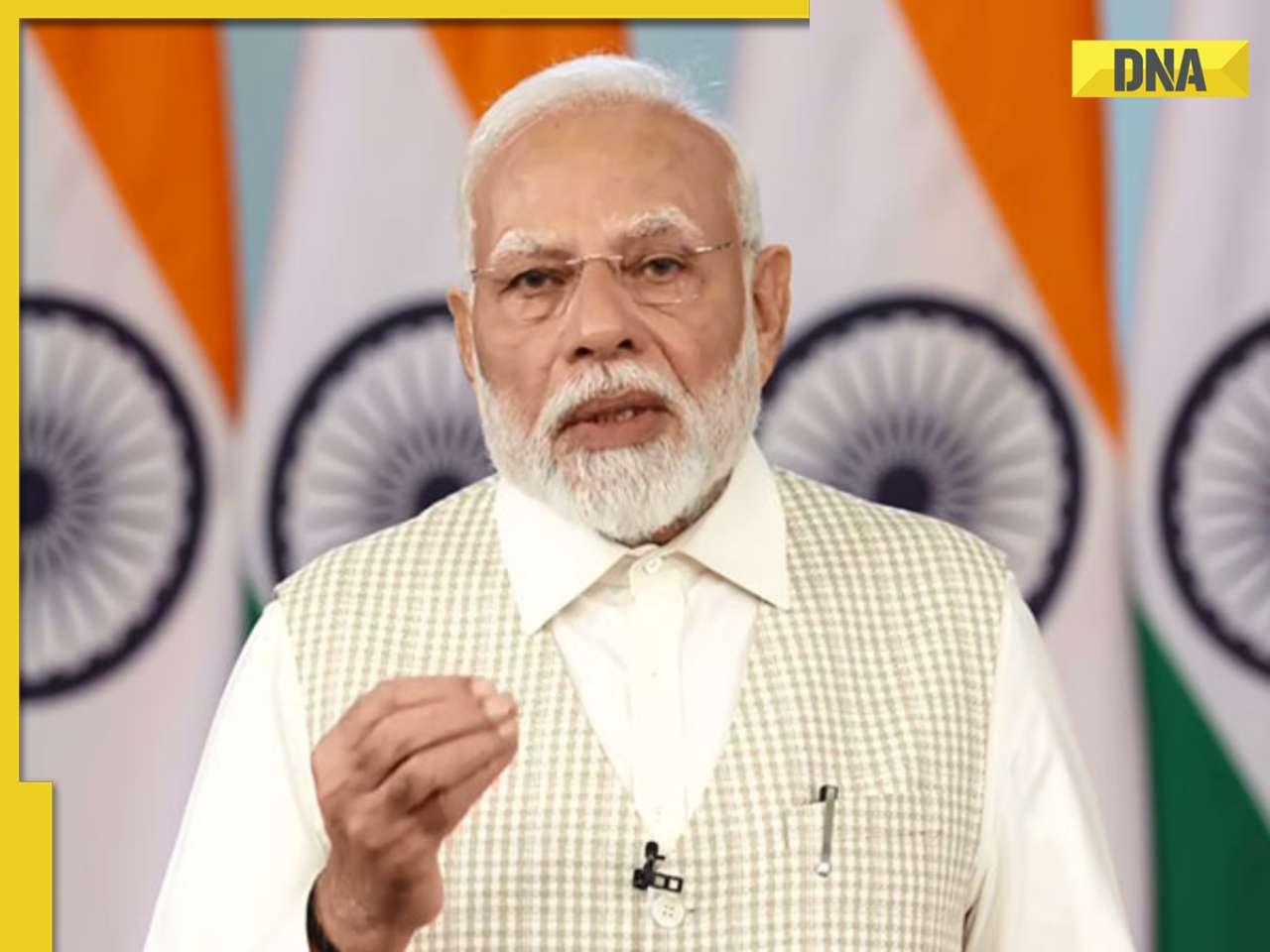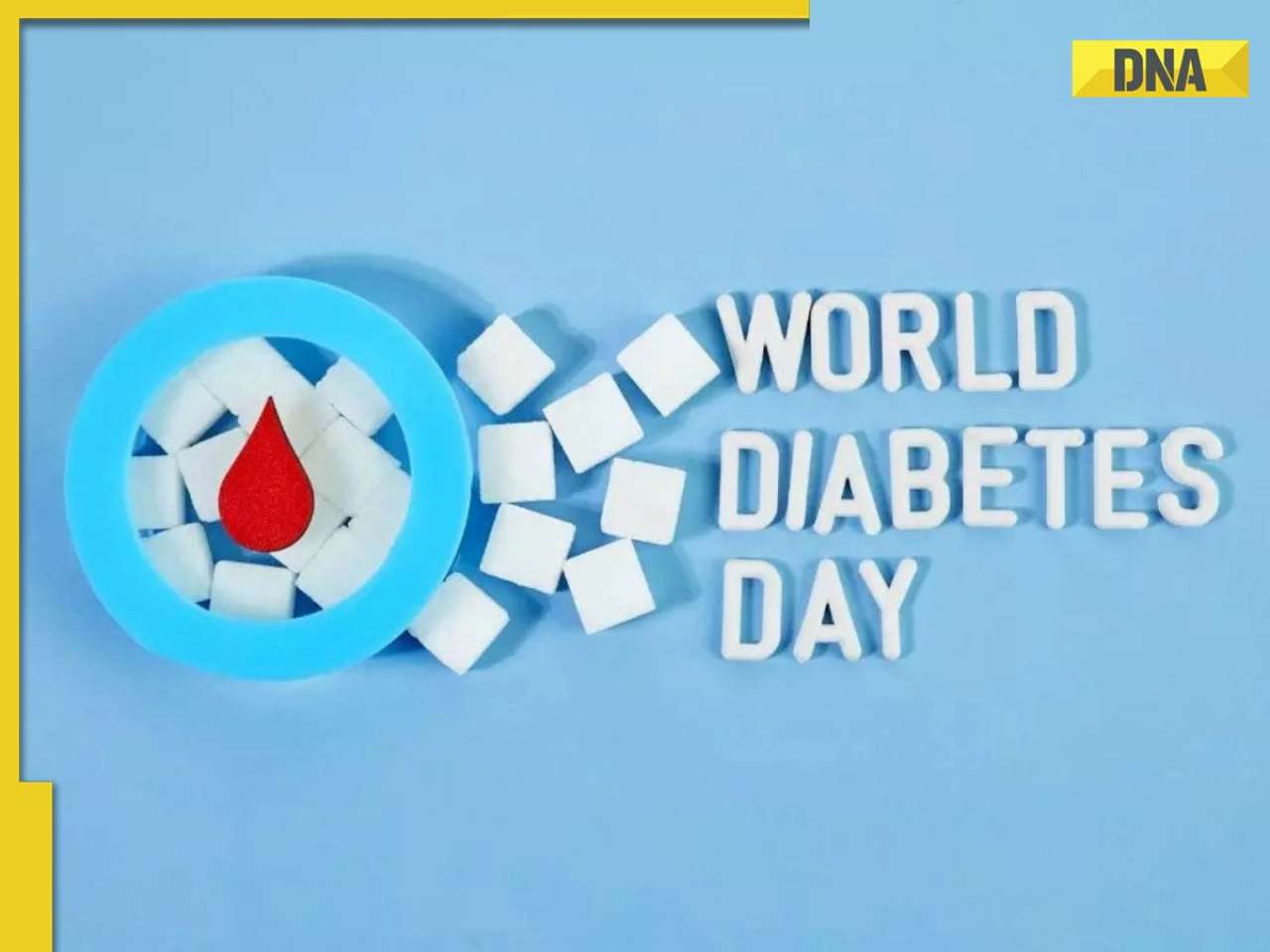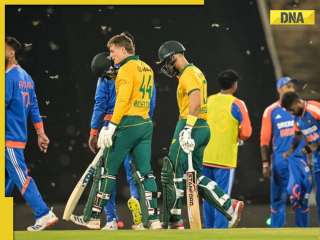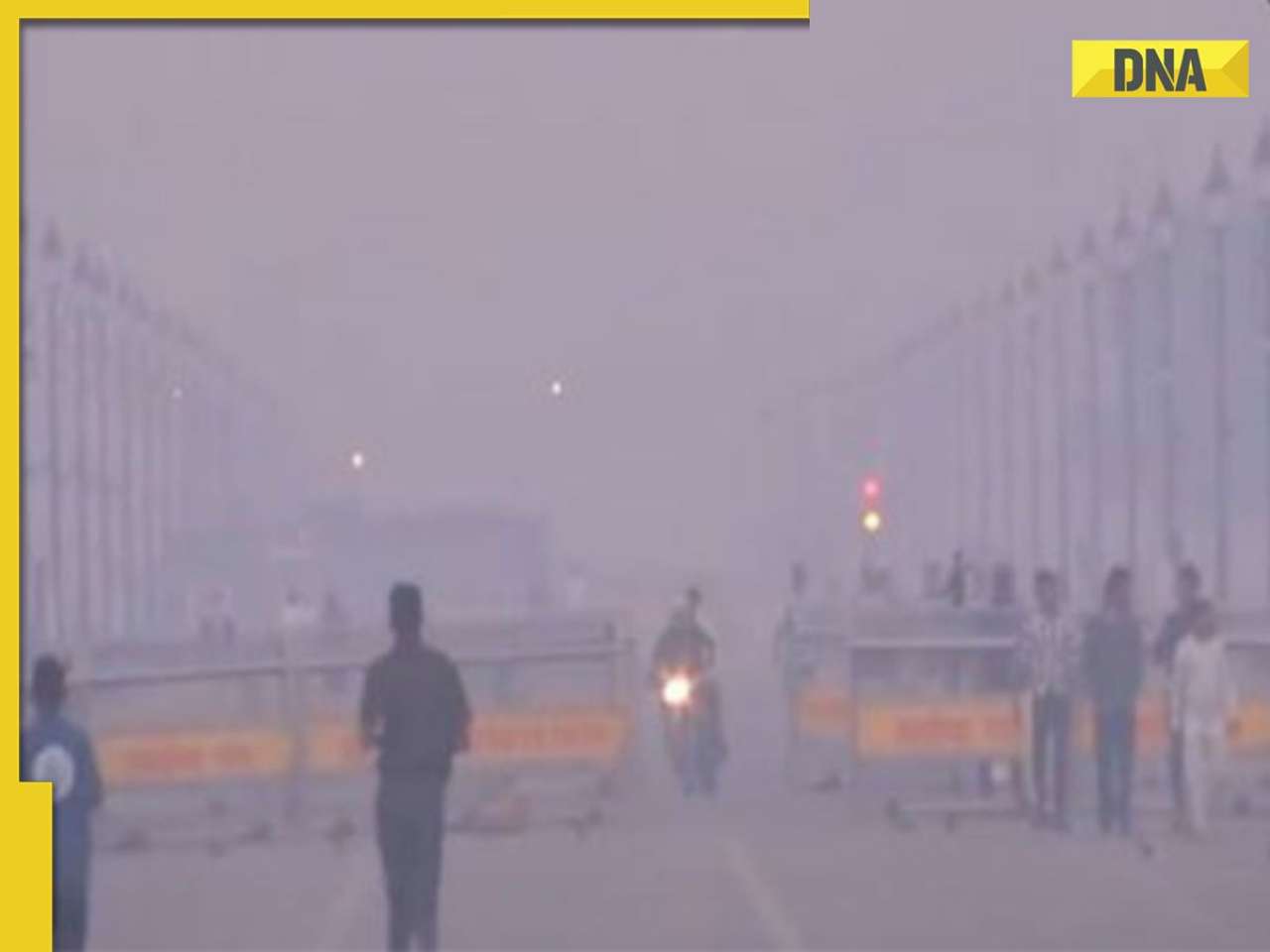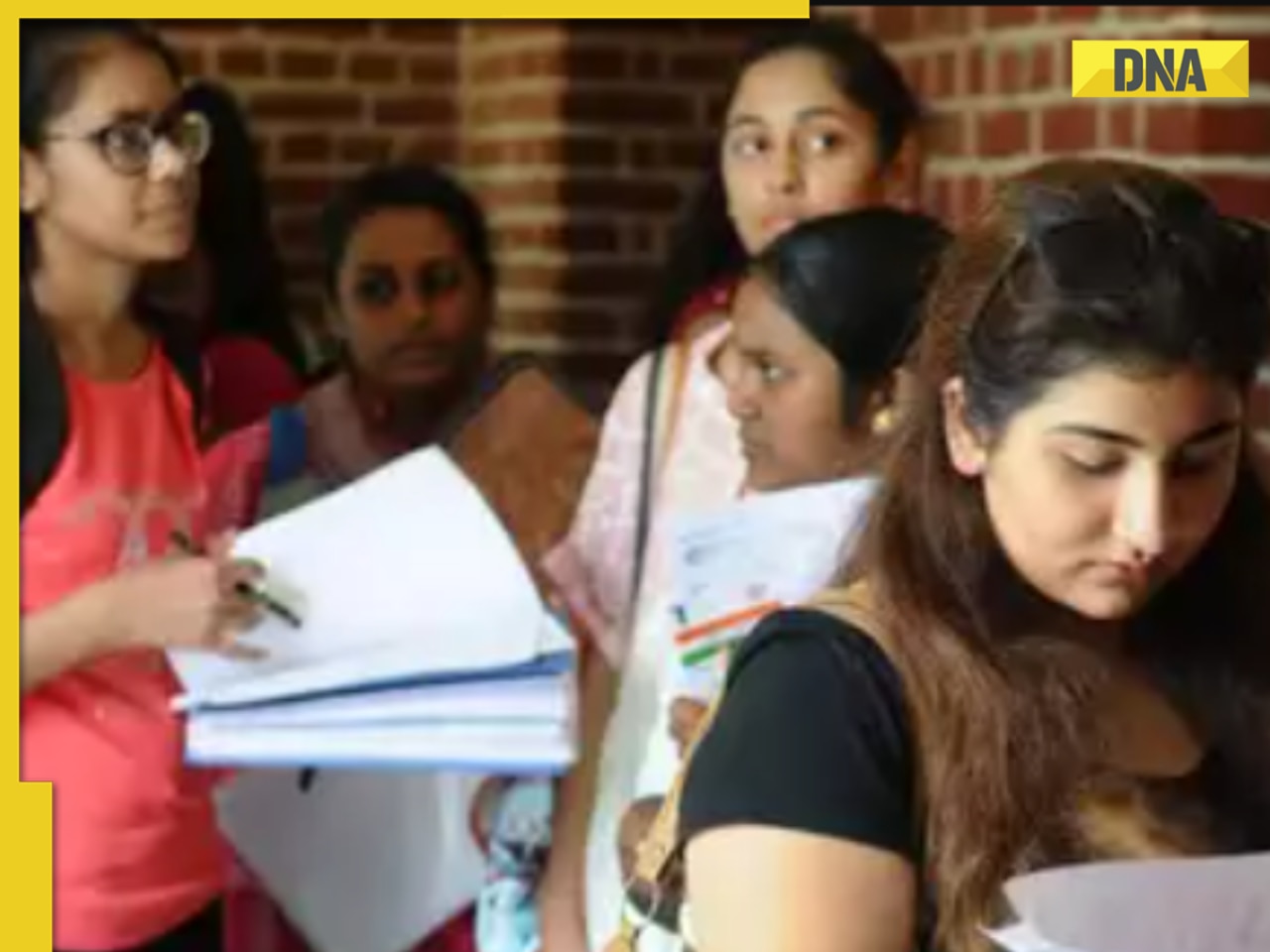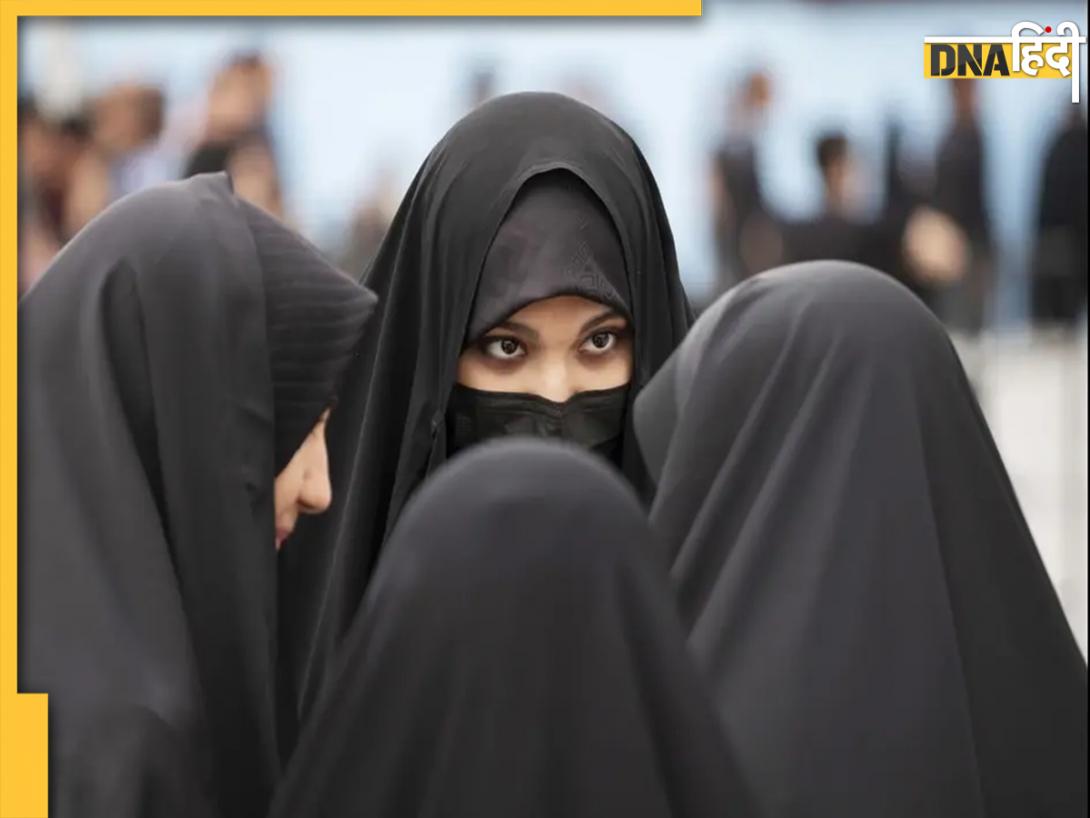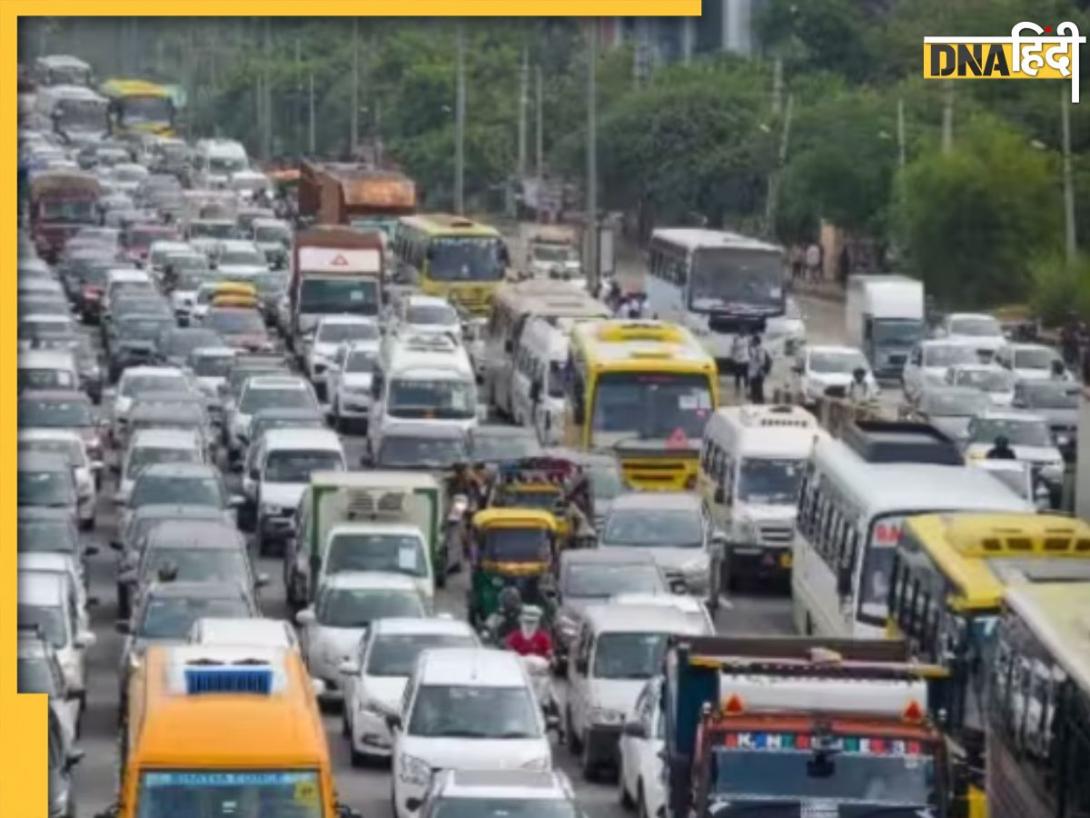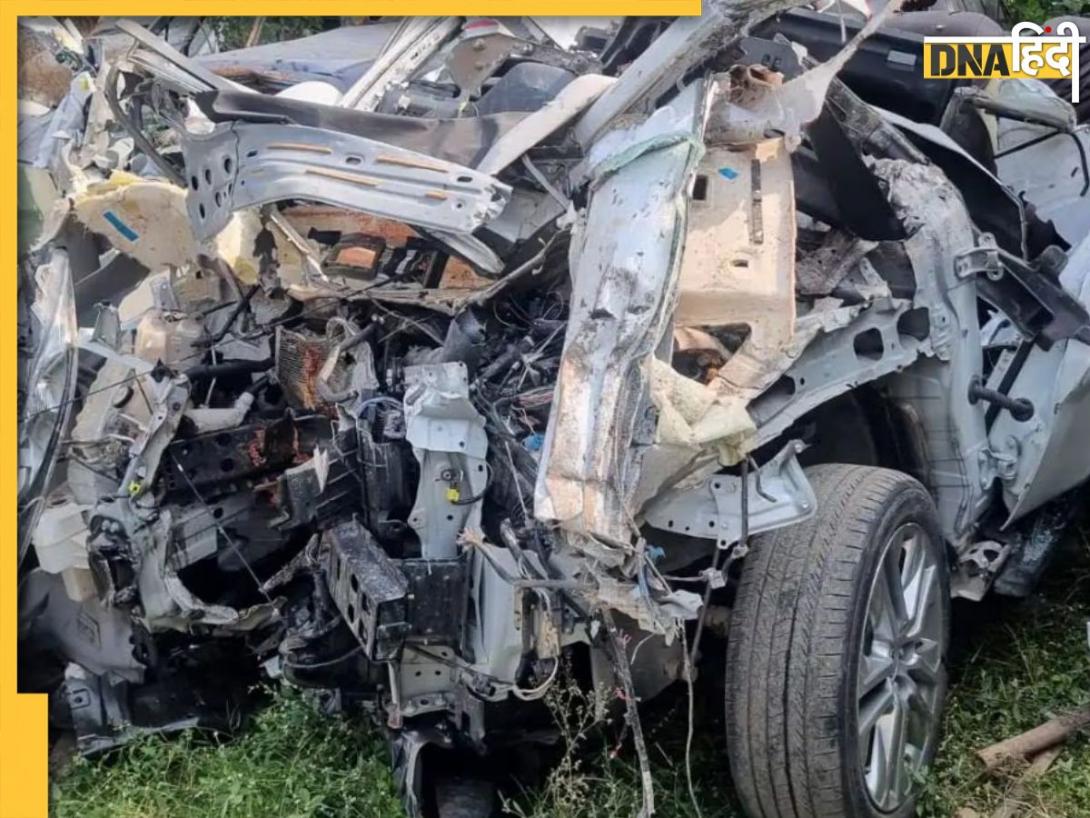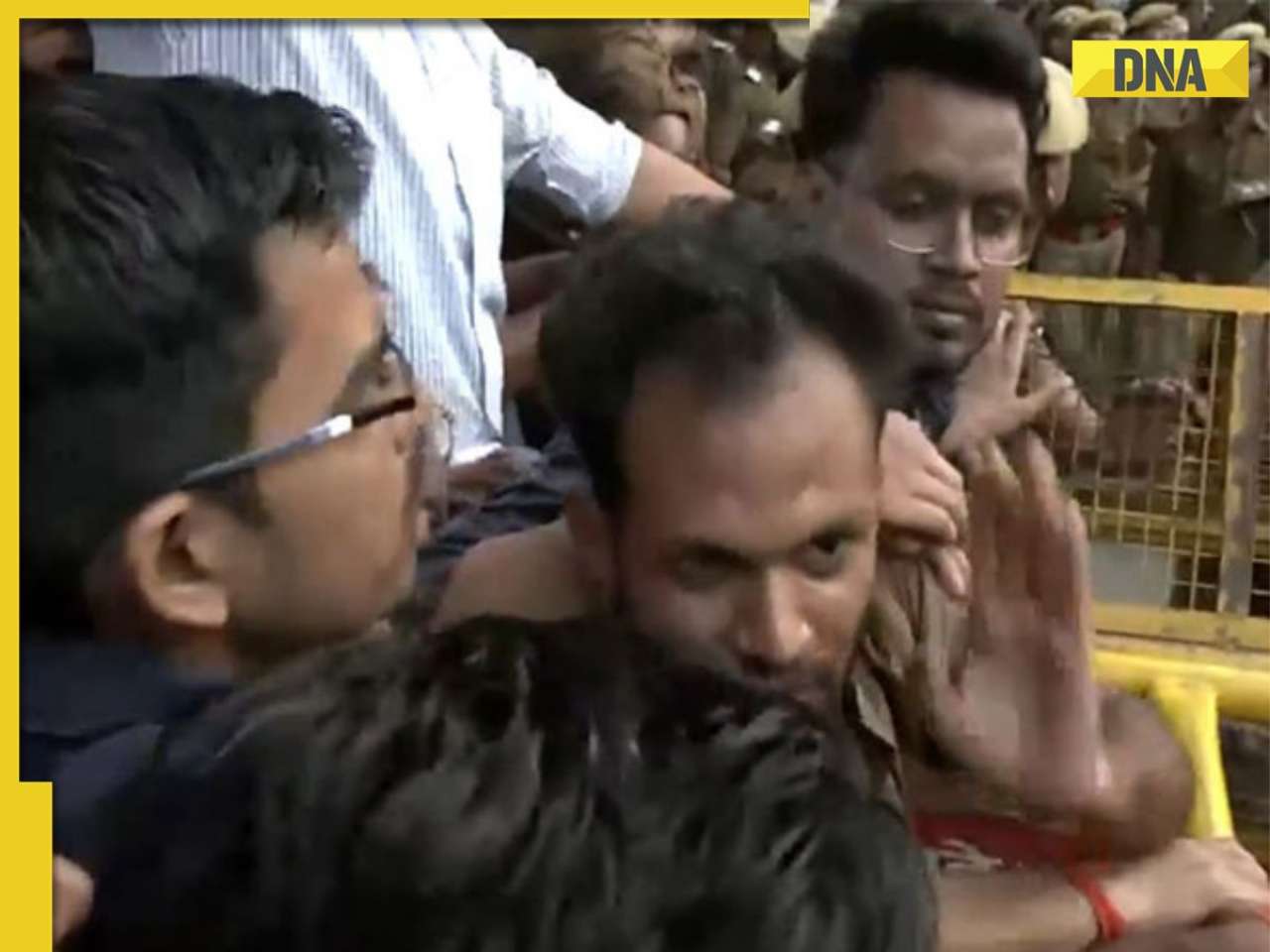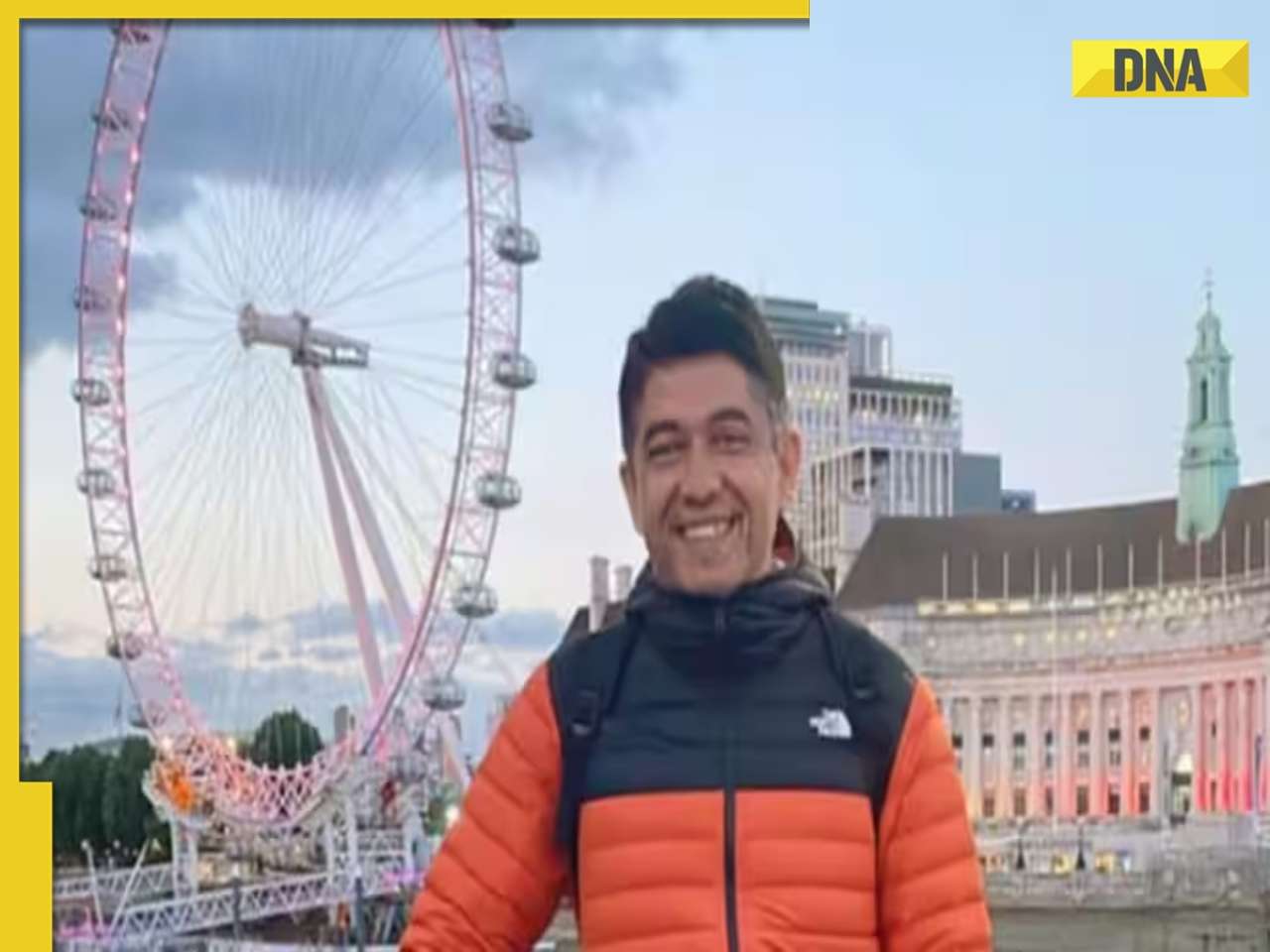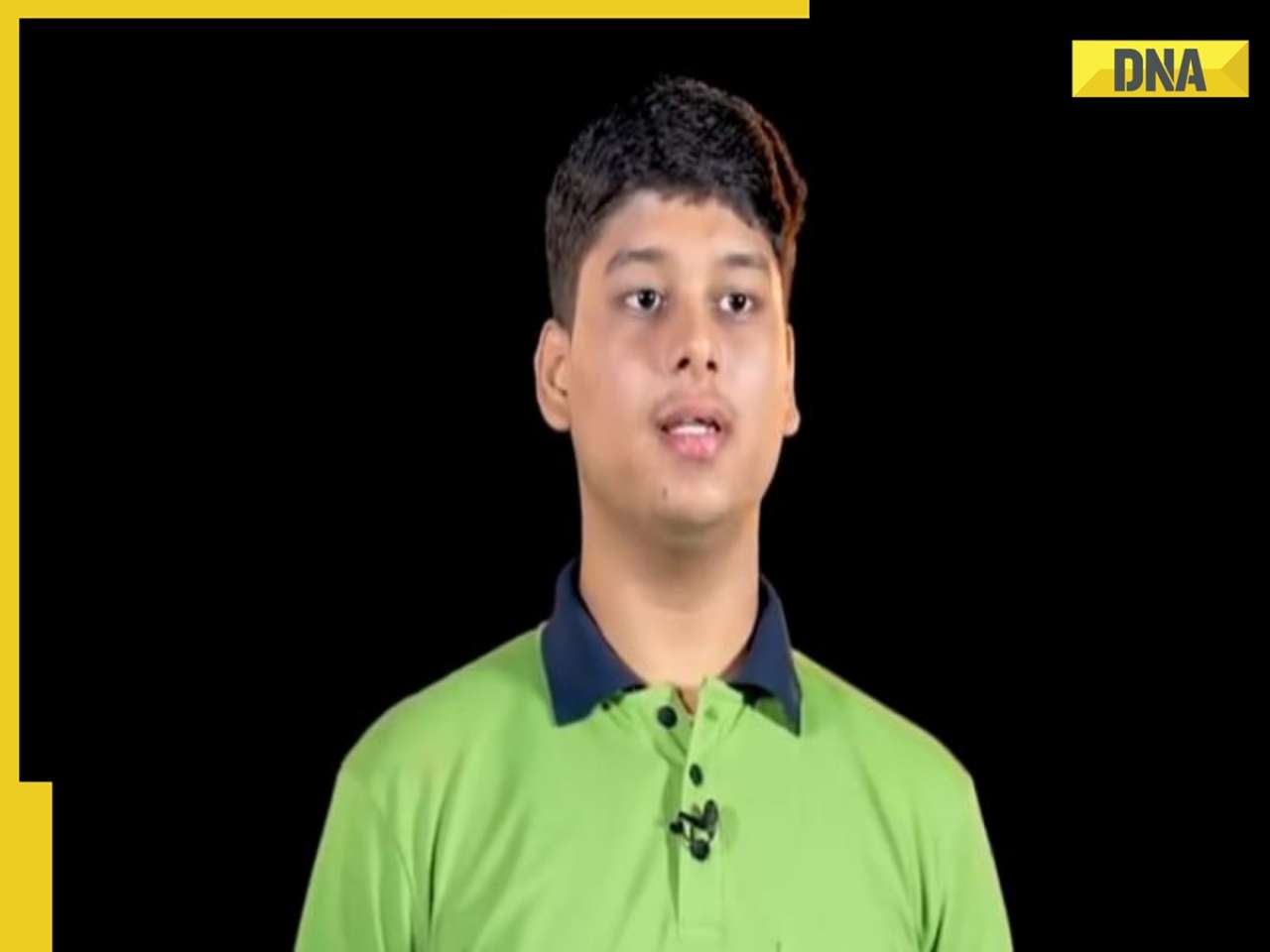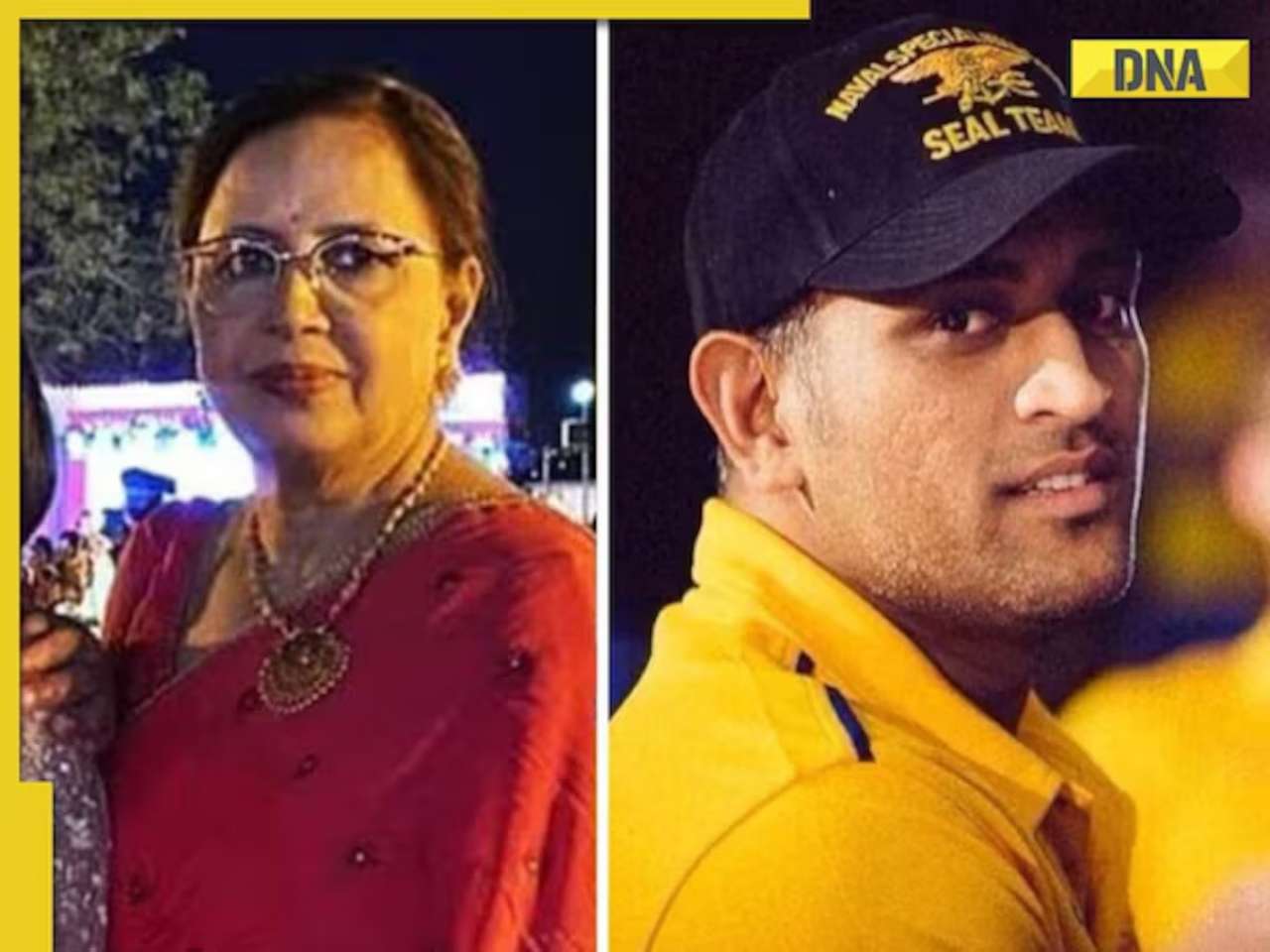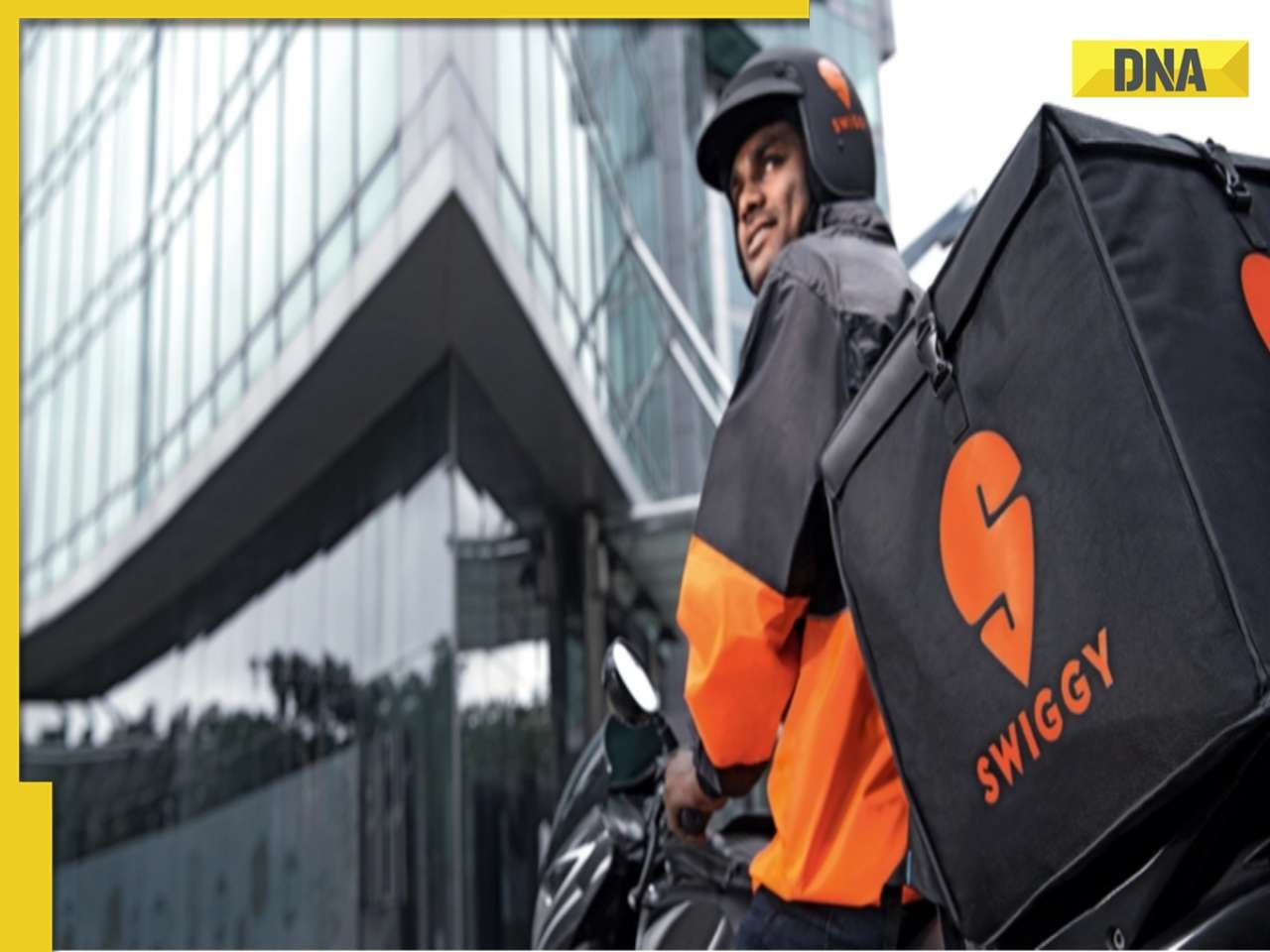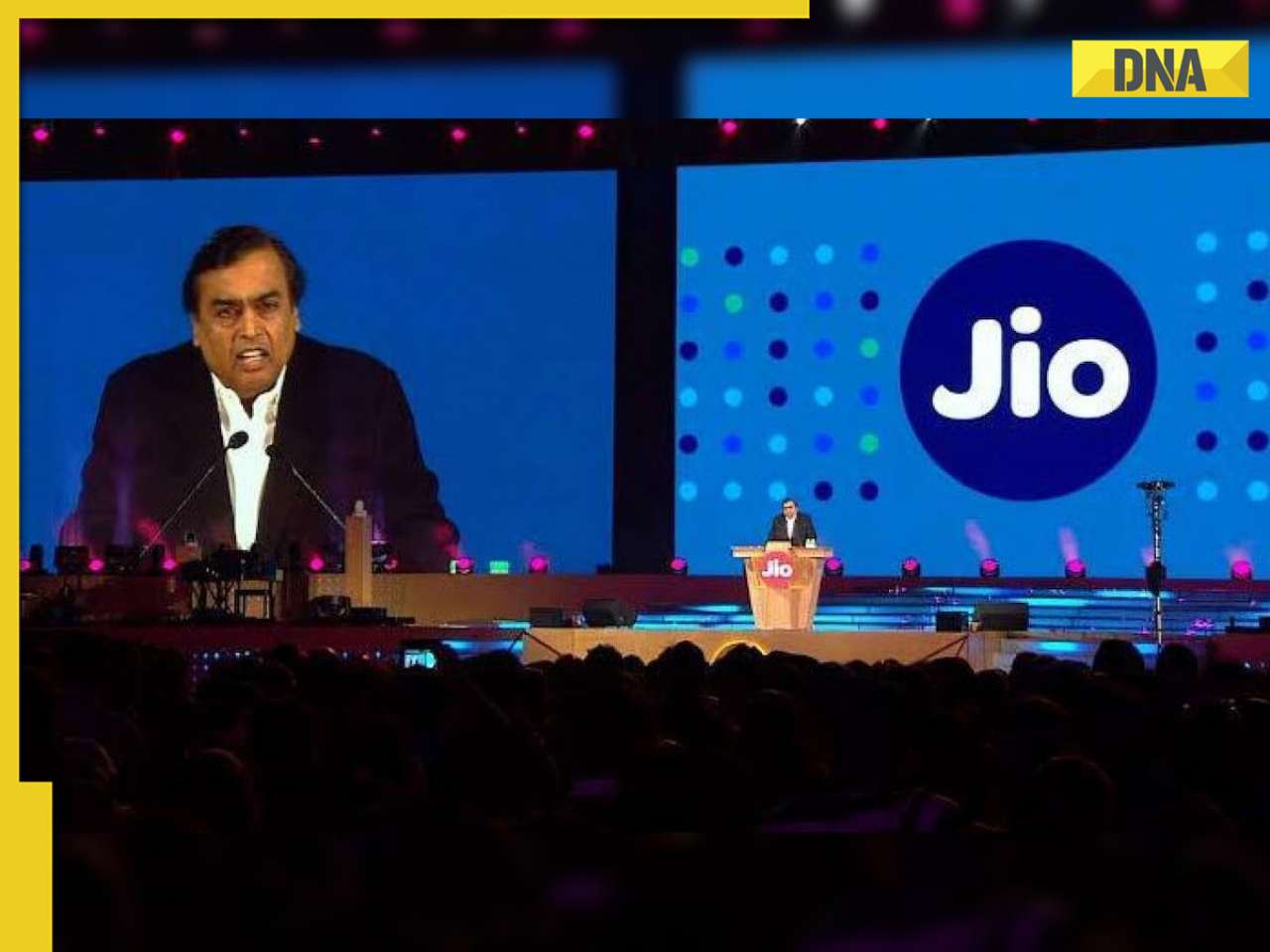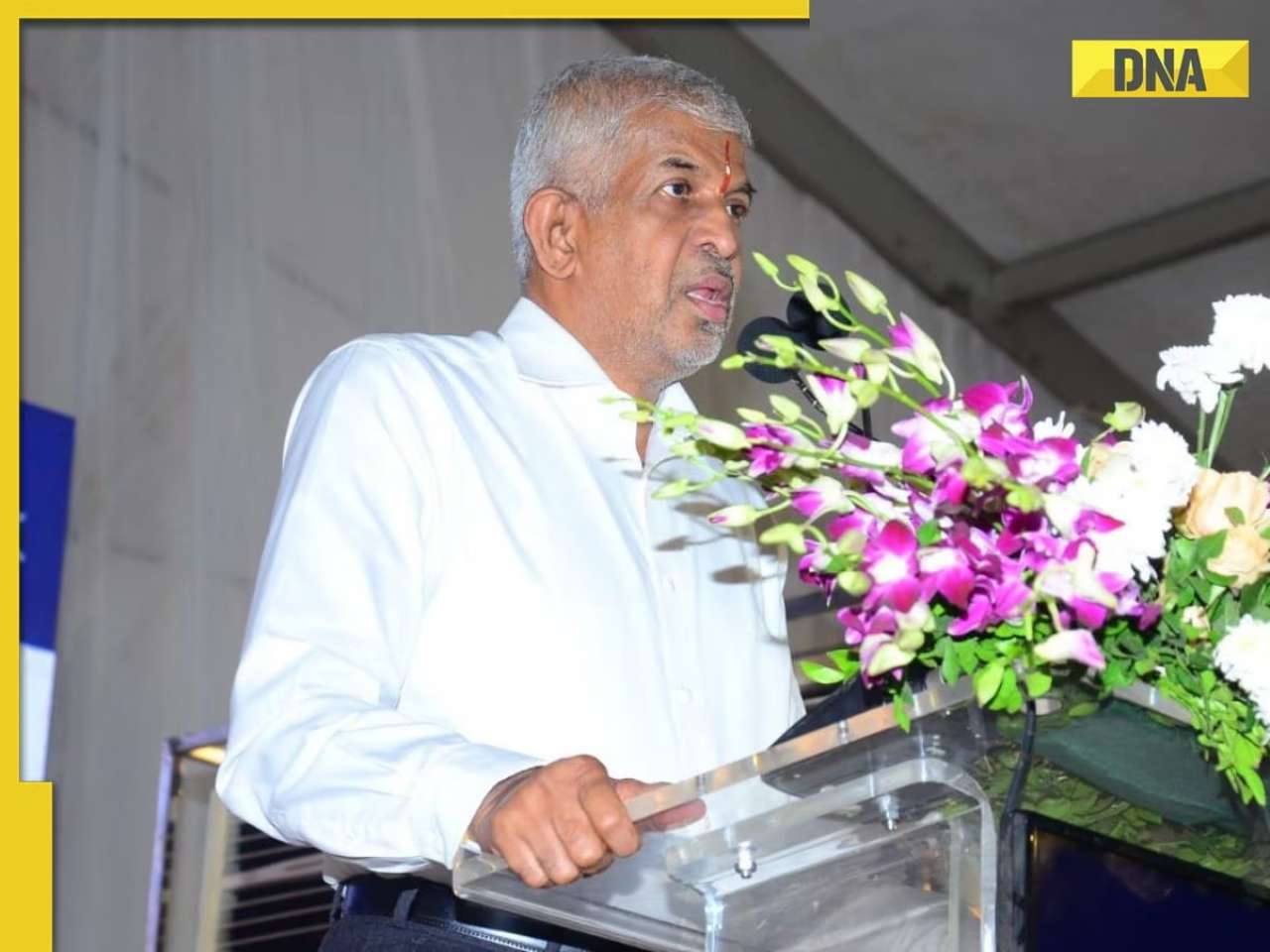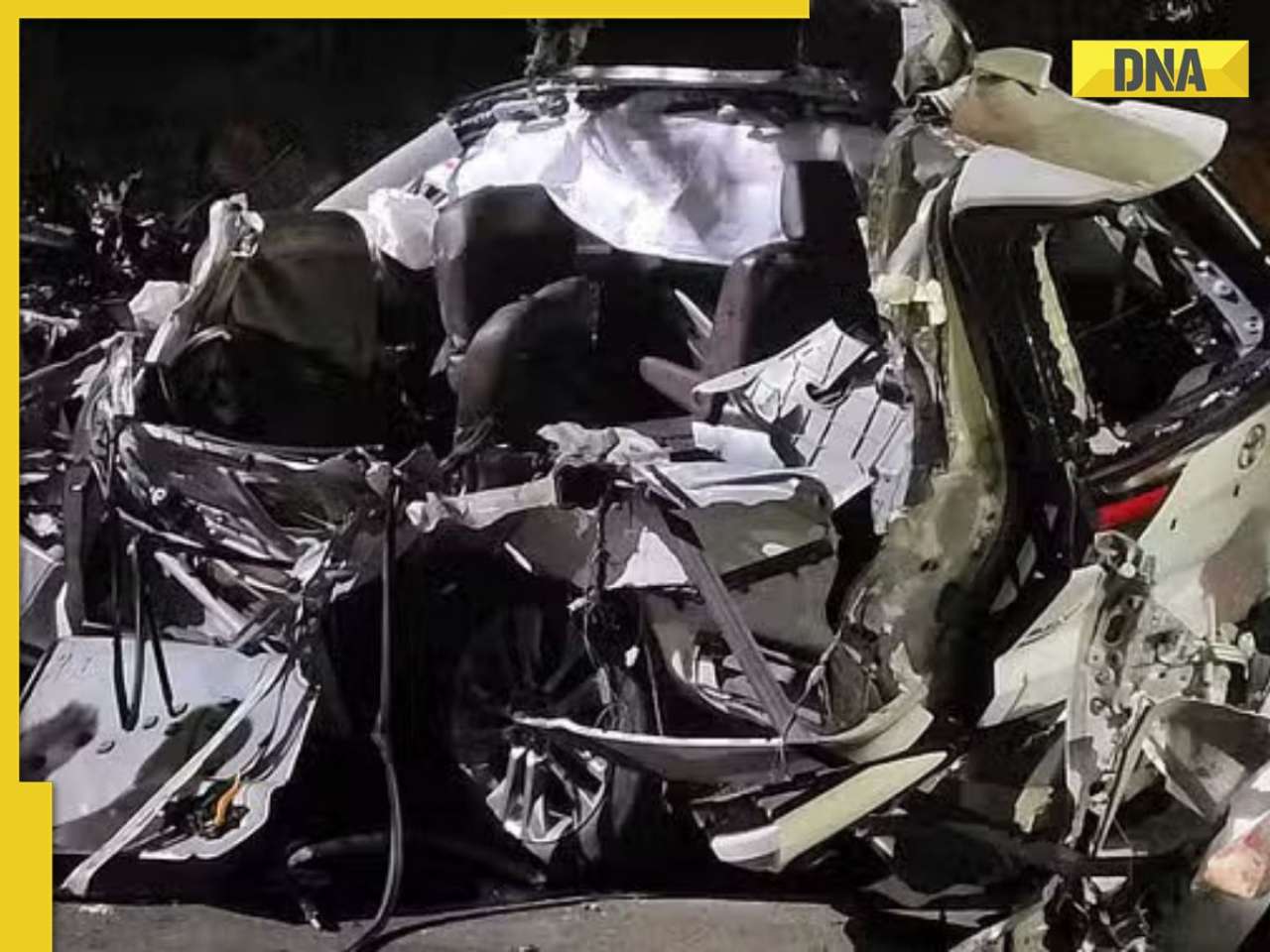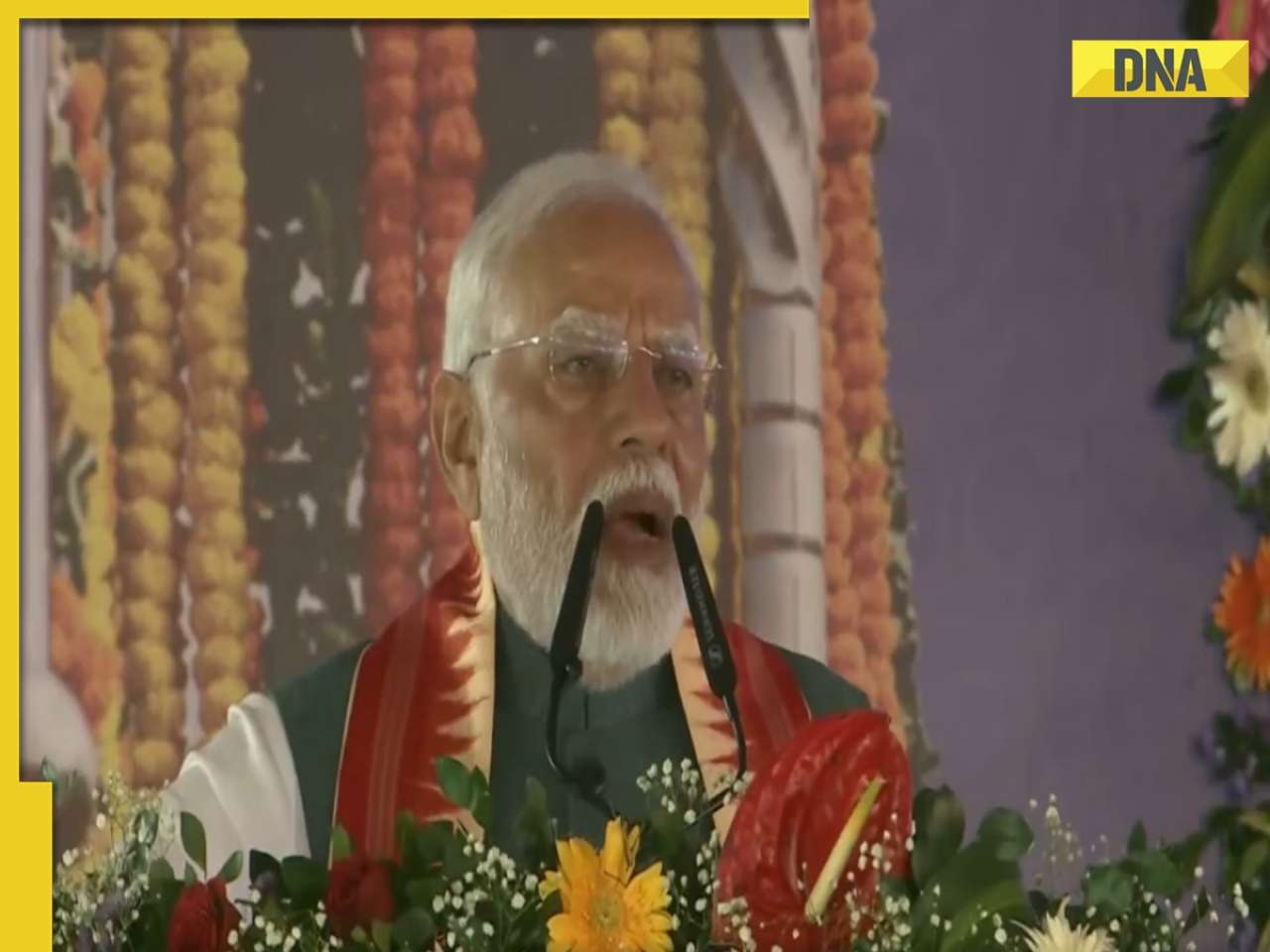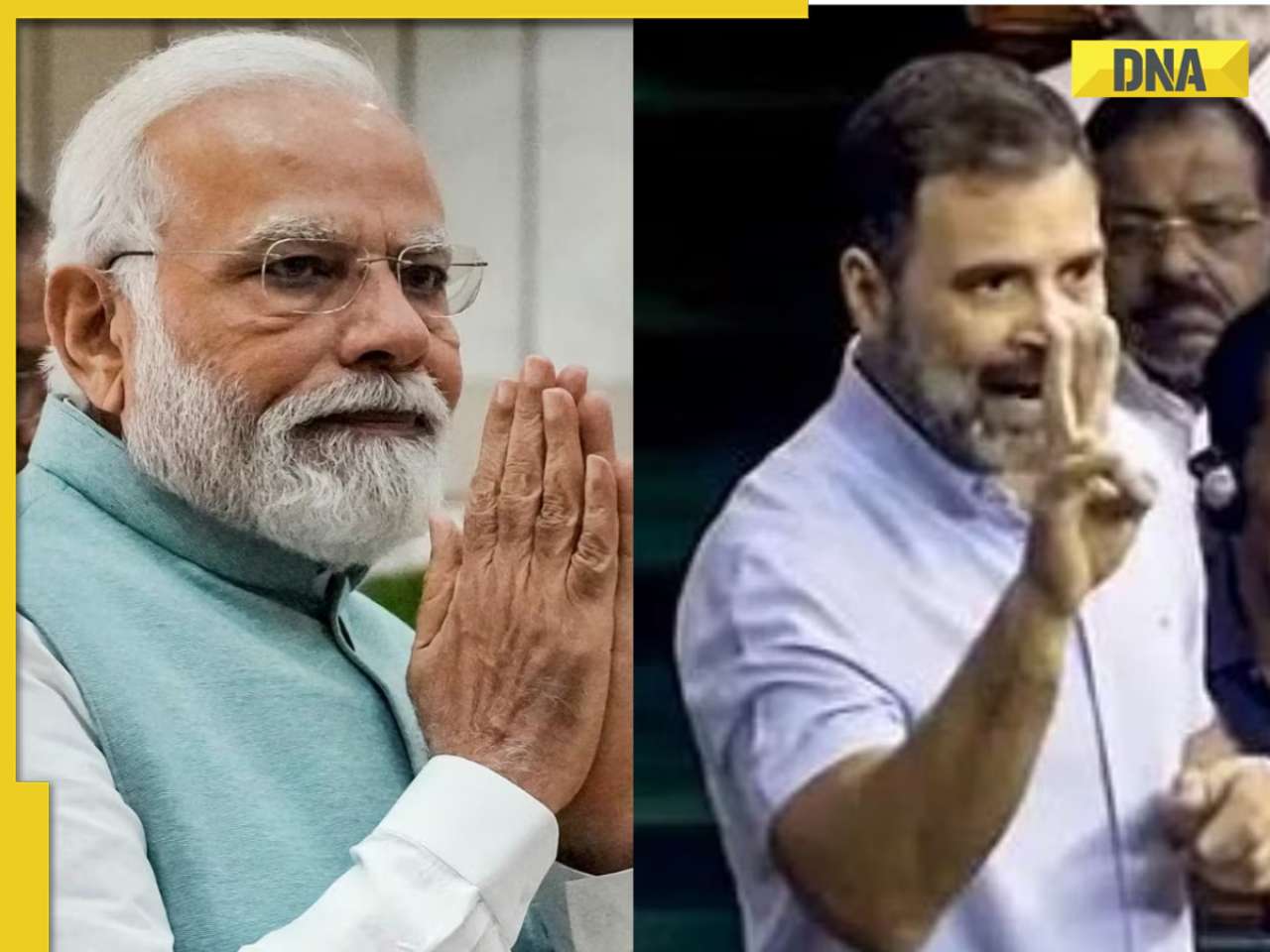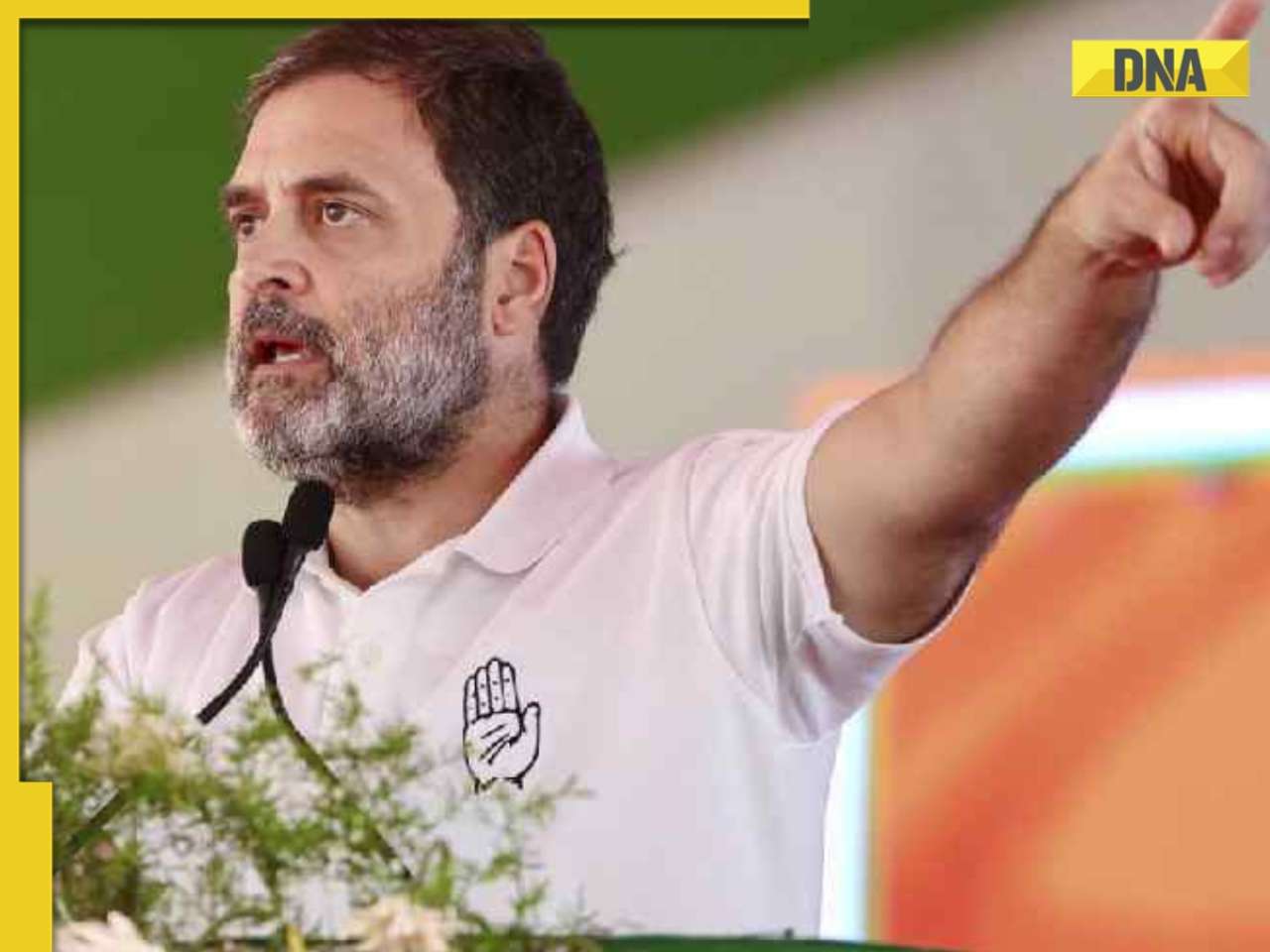- LATEST
- WEBSTORY
- TRENDING
ANALYSIS
Infrastructure and Women - The tree-lined road to equality
The women's movement talks about access to public spaces in the context of safety. We also talk about it in the context of livelihoods. Some of us make the case that women are as entitled to enjoying public spaces as others are. But what we need to see and hear more of is feminists engaging in research and advocacy on infrastructural issues, town-planning and urban design says Swarna Rajagopalan
TRENDING NOW
“X” built broad roads around the country, with large shady trees on either side.
-
Thanks to “X” generosity, dharamshalas were built along the highways where travellers could rest for the night.
- In “X”’s kingdom, an old woman could walk on the road at midnight with a pot of gold on her head and be unharmed.
Who was “X”? The problem with this as a quiz question is that in the narrative of South Asian history, “X” was any king commonly considered exemplary—Sher Shah, Harsha, the Kings of Kandy in Sri Lanka, any good king. As a student, if you had a broad sense of the reputation of the king, these were elements of a safe exam answer. For us, as we ponder governance, these are indicators we have always considered available, accessible, usable and well-maintained infrastructure a measure of quality.
Good, broad, well-lit roads, with large, shady trees on either side immediately make you feel good and dispose you well towards the powers that be (especially if you don’t live in such a place). In India, sometimes driving from one constituency into another, you can feel the difference in the roads—and sense the difference in how much local representatives care about their voters. When you travel from a congested city with narrow, crowded roads to a modern planned city like Chandigarh or parts of New Delhi, that exclamation, “Great roads!” is always accompanied by a little envy, “Lucky people!”
A good road and the ability to travel on it have always been important constituents of gender equality.
Although tradition and patriarchy (are they the same?) dictate that a woman’s place is at home, the fact is that home-related responsibilities always take women outside. Till date, women go out to collect water—from rivers, from wells, from tanks and from the local tap which gets water at midnight on alternate nights. Paths are made by feet walking up and down to collect water. Making potable water available to everyone in their homes is good governance, but making it possible and safe to go out to collect water is also important. So paving and lighting that path, building steps where necessary and creating transport options should be on the agenda of government.
Lighting the stove to boil the water to make it potable also requires a long hike for women in many communities, as they have to walk to the nearby forest area to gather firewood. Clean, easily available, renewable sources of fuel for cooking are also an appropriate governance priority.
Electricity, not something that Samudragupta and Sher Shah had to worry about, has become a necessity today. There are two important reasons why a steady supply of electricity is a gender issue. First, good lighting is critical for women’s safety. Well-lit roads, well-lit public bathrooms and roads to bathrooms, well-lit homes, well-lit compounds, parking lots, stairwells and landings—all make a huge difference to how safe women feel. The fear of what lurks in the dark is hard to shake off, and even if lighting will not stop a determined assailant, it does dissuade opportunists.
Second, given the number of women who run small and/or home-based enterprises, the kind of power shortages that states like Tamil Nadu have lived with, hit them hardest. When you cannot work or run your equipment for most hours of the day, and your income does not extend to spending on diesel for a generator, power shortages must force a decline in living standards, often to the brink of poverty. Also, it is harder for young girls to sit alone and study under a street lamp, so prolonged power cuts will at some point hit their access to education. And this brings us back to the question of well-lit roads—that allow girls to attend evening classes and night-school and early morning sports.
For some distances, roads are not enough. In Tamil Nadu, a few decades ago, teaching women to cycle and giving them bicycles was found to improve their mobility, their education and livelihood prospects, their sense of confidence and empowerment. Buses may be necessary, with either mixed or segregated seating, but always with well-lit and clean bus-stands that perhaps have a security monitor or an emergency phone. In large cities, rail-based transit systems make a difference; but they make a difference only if the subways to the stations, the station platforms themselves and the trains are safe. A government that is serious about women’s equality is a government that invests in public transportation that is reliable, safe and accessible. I grew up long ago in a Bombay that was safe for women; and one important piece of that was surely that the city had safe and reliable public transportation. Growing up in such a place gave me the confidence that I could do anything I wanted; no matter where life led, there would be a bus to take me there and back safely!
For women, public toilets are a vital element of infrastructural development—and not the kind whose location you can smell two kilometres away. Chennai, for instance, has only 714 public toilets for a city its size, a local research organization found, and most of these were in terrible shape. And Chennai is not unusual. In a country which is trying to get people to build toilets in their homes, clean and usable public toilets may be too much to ask. But that woman who sells coconut water all day near your office would have to do without a toilet all day. And the woman sales executive who sells detergent from door to door has no access to a toilet, so that must limit the number of days she can work. That men should have access to public toilets is also important to women who, in many areas, cannot walk down a road that is not lined by urinating men. (We have come such a long way in terms of what lines our roads.) Can you imagine what it is like for adolescent girls to walk past that sight on the way to school or back?
An easy conclusion for this article would be that governments should pay attention to infrastructure issues, but to my mind, each of these instances makes the case for infrastructure to be taken on more explicitly as a feminist issue. The women’s movement talks about access to public spaces in the context of safety. We also talk about it in the context of livelihoods. Some of us make the case that women are as entitled to enjoying public spaces as others are. But what we need to see and hear more of is feminists engaging in research and advocacy on infrastructural issues, town-planning and urban design. Women need to develop both technical expertise and advocacy skills in these areas. These women already exist, but we need to create high profile platforms for their work.
Equality in social and political relations depends on equality of access to educational, livelihood and other opportunity, and access depends largely on the quality of infrastructure. Being able to count on good infrastructure frees individuals up to lead creative and productive lives. Women, who are usually saddled with responsibility for water, food, fuel and other domestic support and supplies, bear the brunt of poor infrastructure, forever limited by its constraints and fearful of its consequences. A government’s lack of commitment to women’s rights may be obscured by its verbiage, but can clearly be read in the quality and quantity of its infrastructural investments. Which roads are being built; which facilities are being created and how accessible they are to women; whether public transportation systems are being imagined and how; whether public toilets are merely the subject of competitive polemics—are clear indicators of where female citizens stand. And so far, where we stand is nowhere.
Swarna Rajagopalan trained as a political scientist, works as an independent scholar and runs Prajnya (http://www.prajnya.in).
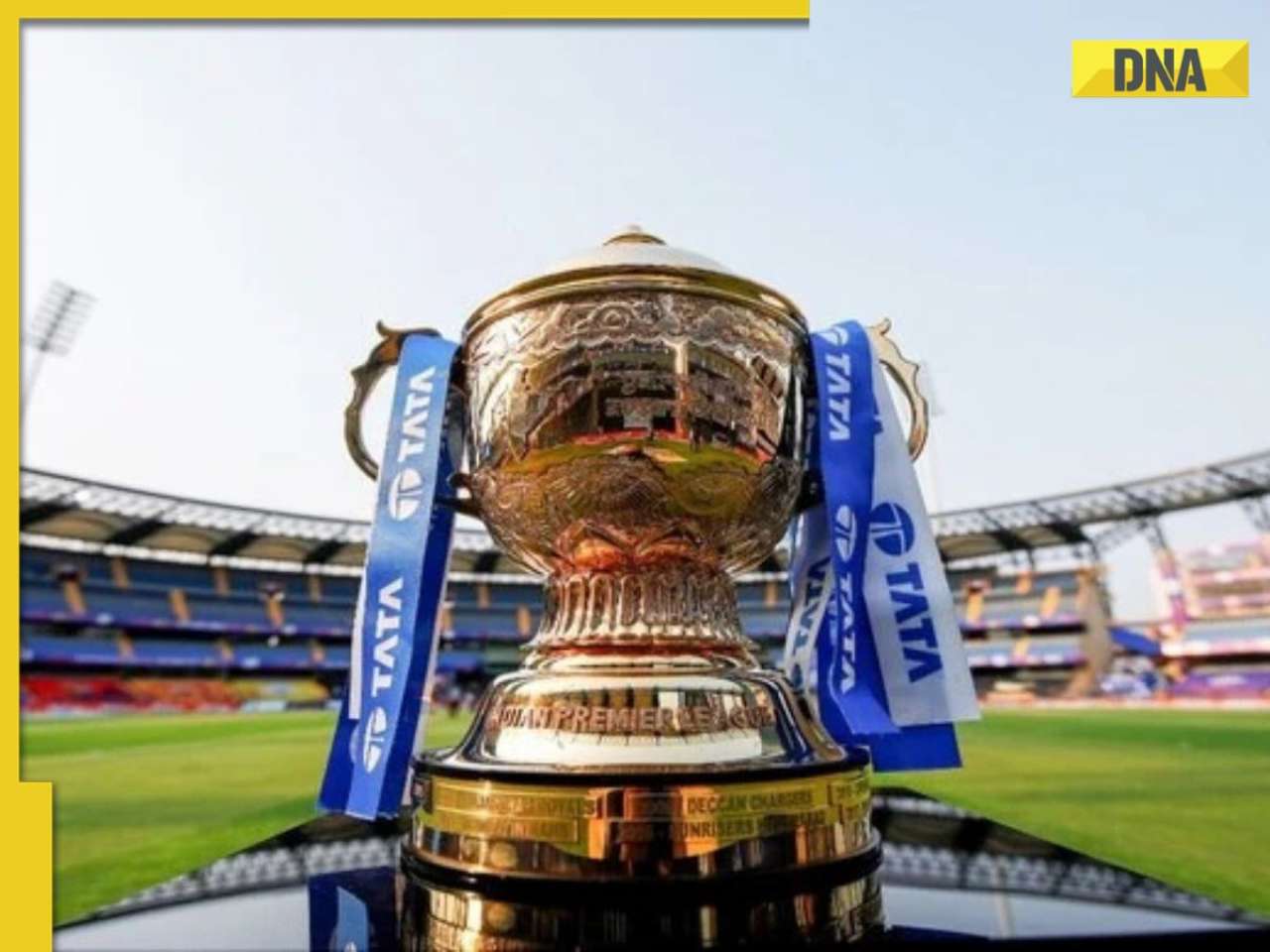







)
)
)
)
)
)
)
)
)
)
)
)
)
)
)






